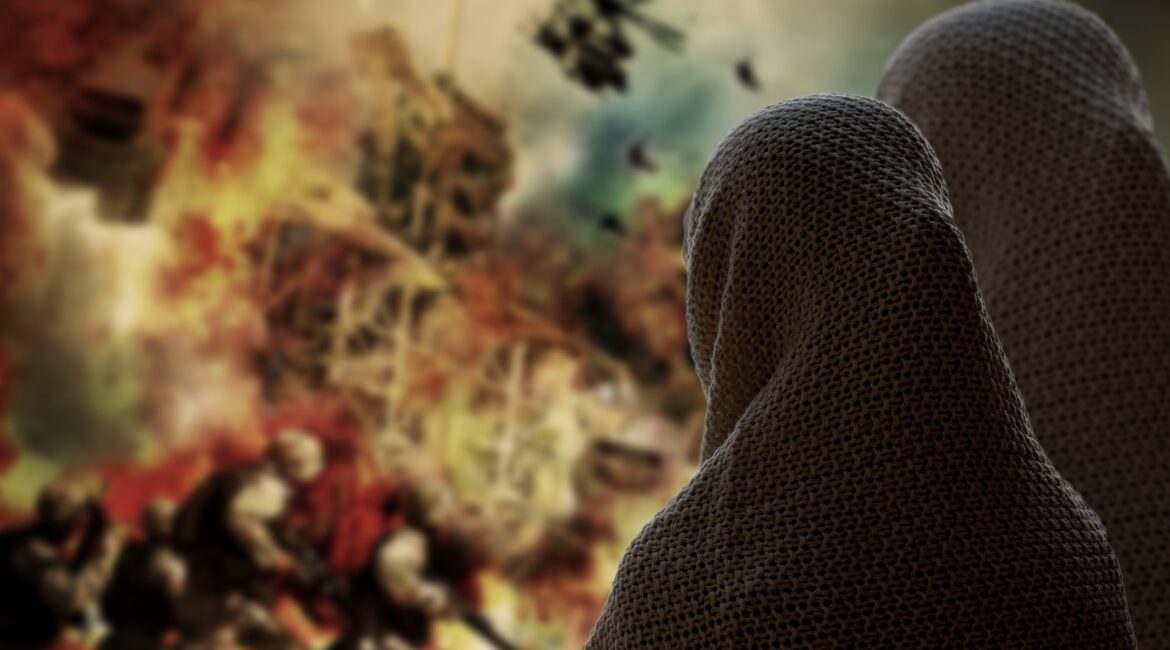In Syria, Hayat Tahrir Al Sham (HTS), who has gradually broken with both ISIS and Al Qaeda, has been carefully watching the Taliban takeover of Afghanistan, from its stronghold in the north-western Syrian province of Idlib. Actually, the group's leaders have drawn many lessons from the Taliban victory.
Since leaving Al Qaeda ranks in 2016, HTS has been at odds with numerous jihadist groups inside and outside Syria, and has been criticised by prominent jihadist ideologues, including Al Qaeda leader, Al Zawahiry, who pretended that the group should remain bound to his organisation. Tensions between HTS and other jihadist groups in Syria have often taken the form of violent armed confrontations, finished by dozens of dead and wounded. Also, HTS has made large-scale arrests of local Al Qaeda commanders and fighters.
Until now, the group, which presents itself as Islamist with no transnational connections, has maintained a favourable tone towards the Taliban, taking note of their willingness to talk with Western powers, in order to achieve their goals. Thus, in 2020, when Taliban signed their deal with the US, HTS congratulated the Afghan group on their accomplishment. As Taliban swept into Kabul, the Syrian Islamist group applauded what they called "a victory over foreign occupying forces".
Still, HTS diverges from Afghan organisation on several issues, and notably on the question of Al Qaeda: whereas the Taliban pledged to the US that Afghanistan will not be a facilitator for foreign attacks, they have not explicitly committed to restrain Al Qaeda moves. In contrast, HTS has military subjugated Al Qaeda Syrian affiliates and focused on maintaining control of all the territory in Idleb province. But, rather than pursuing an insurgent war of attrition, HTS has preferred to truce with Syrian regime forces and their allies, Turkey and Russia. It has even cracked down on groups who opposed the ceasefire, in return for Turkey's military protection and acceptation to its control of Idleb. Many hardliners in Syria condemned HTS for abandoning Jihad and contrasted HTS compromises with Taliban's determined twenty- year insurgency, during which they constantly rejected ceasefires.
As a result, the Taliban's victory has made even harder for Syrian group's leaders to defend their stance on insurgency. Therefore, in an attempt to answer critics, the highest religious figure in the group, Abdulrahim Attoun, alias Abu Abdullah Al Shami, gave a public preach on "Jihad and resistance in the Muslim world", in which he laid out the distinction between Syrian rebels' circumstances and what the Taliban faced in Afghanistan. He stressed that emulating the Taliban's military strategy in Syria would be premature, because pursuing guerrilla warfare would induce a brutal military reaction from Damascus regime and its supporters, costing finally the loss of HTS's control of Idleb.
While Syrian jihadists think over what lessons to take from events in Afghanistan, it is unclear whether Western countries might also consider a new approach of their policies on Syria.
How Syrian extremist groups have been biased by Taliban takeover of Afghanistan?

